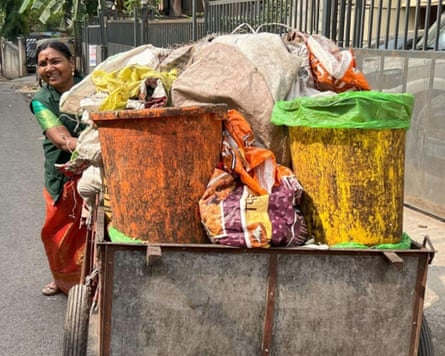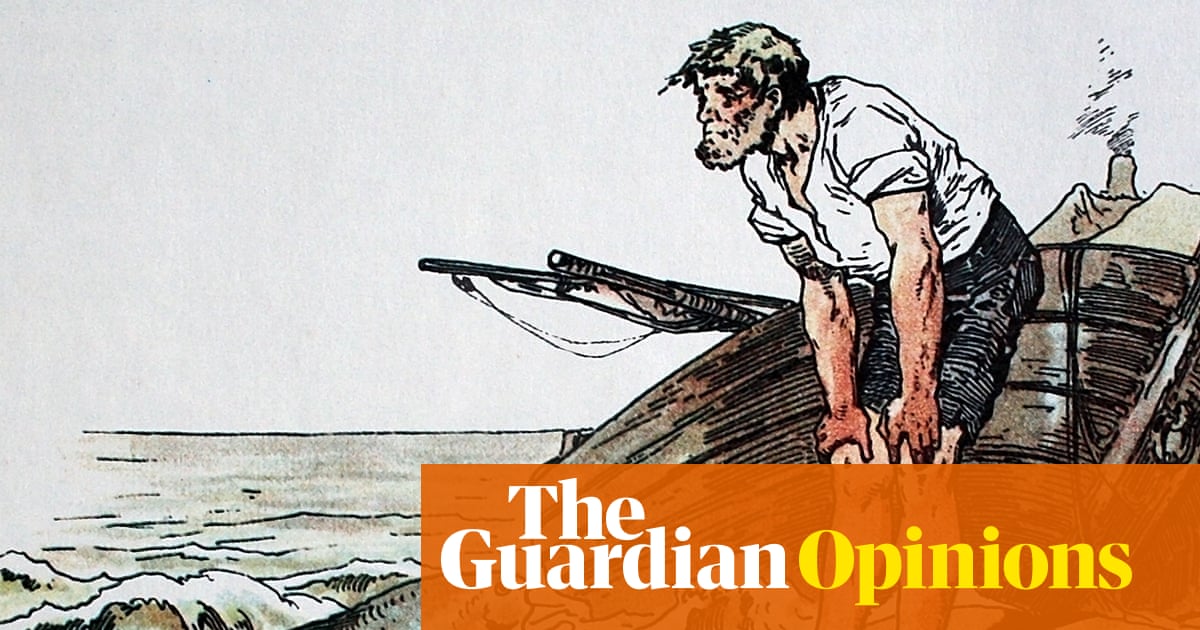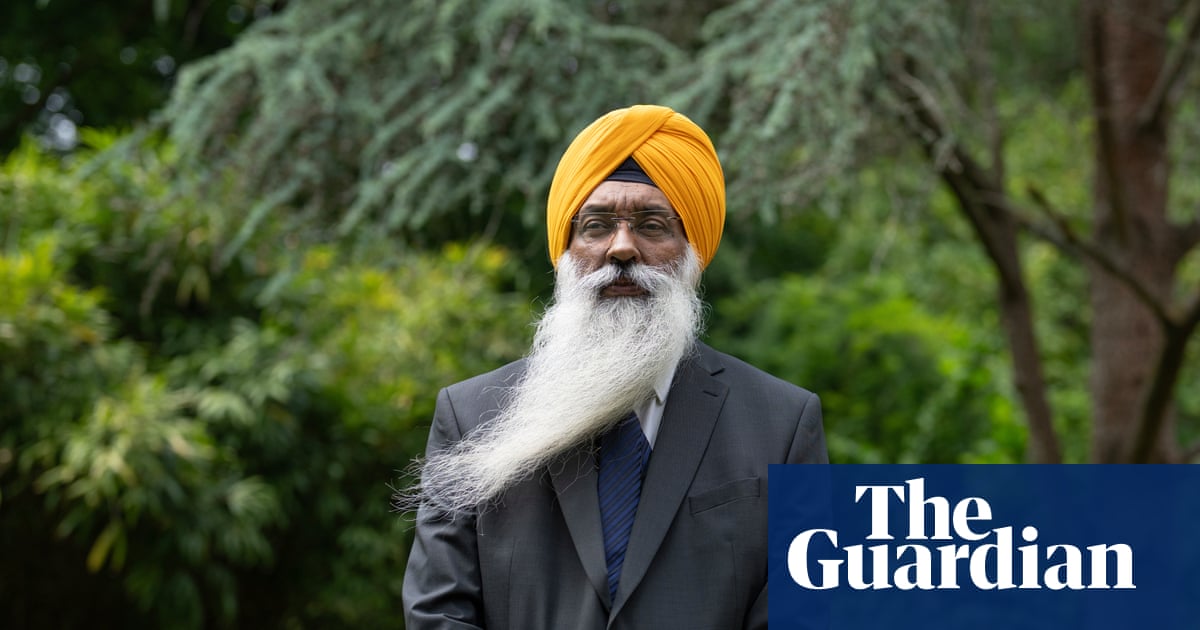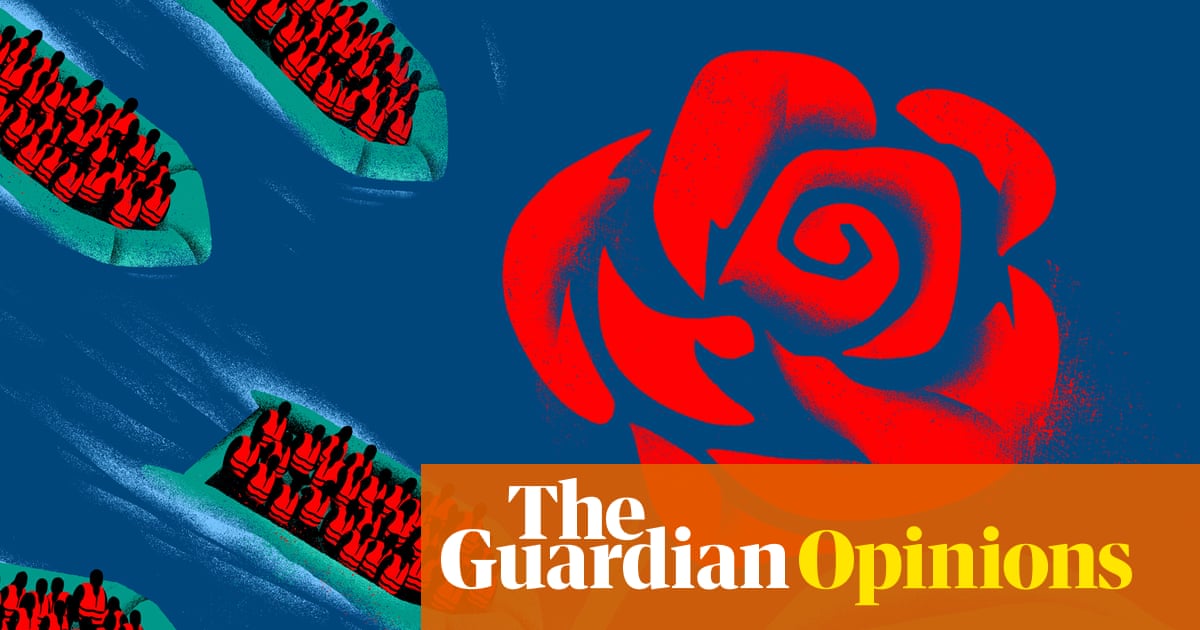Three decades ago, Rajabai Sawant used to pick and sort waste on the streets of Pune with a sack on her back. The plastic she collected from a public waste site would be sold for some money that saved her children from begging.
Today, dressed in a dark green jacket monogrammed with the acronym Swach (solid waste collection and handling) over a colourful sari, the 53-year-old is one among an organised group of waste collectors and climate educators who teach residents in urban Pune how to segregate and manage waste, based on a PPPP – a pro-poor private public partnership.
“Even though we were earning money and running our homes by collecting and selling recyclable waste in the past, our job was not valued and we were not respected for the work we did,” Sawant says as she pushes a loaded four-wheeled metal cart up a gentle slope. “People called us thieves and restricted our access to some areas, and the police frequently harassed us.”
Swach was set up in 2005 by a trade union of waste pickers, Kagad Kach Patra Kashtakari Panchayat (KKPKP), which was not in favour of contractor-run private models and envisioned a scheme that enhanced waste collectors’ work instead of displacing them.
Lakshmi Narayan, one of the co-founders of Swach and KKPKP, says: “Contractor models typically end up hiring males and displacing the people who traditionally did the work. We strongly felt that a person who has been doing the work for so long brings in the knowledge, experience and intelligence to handle the material in a particular way, and should be the first claimant of that work, and she should then also have the first right of refusal. We wanted a PPPP – a pro-poor private public partnership.”
These kind of partnerships are contracts between the state or local authority and a group of private individuals that aim to provide a public service while simultaneously alleviating poverty.
Rehabilitating the waste workers by teaching them a new skill such as embroidery, and taking them away from their work of waste collection, segregation and sale was not the long-term solution, Narayan says. “The waste sector generates a large number of jobs not just in Pune but across the world, and the waste collectors feed into a multibillion-dollar industry which comprises scrap dealers, waste transporters, recyclers and reprocessors, and then the material goes back into the industry. There is also a whole economy that’s dependent on them.”
Through detailed discussions with waste pickers, KKPKP realised that they were diverting a significant amount of waste from the landfill. Segregation at source, plus recycling material recovered from the waste, was contributing to climate change mitigation by minimising landfill waste, reducing greenhouse gas (particularly methane) emissions, lowering the demand for scarce raw materials and saving taxpayers money by reducing solid waste management costs.
Of the waste generated by the city, Swach sorts and recycles about 227 tonnes a day (82,891 tonnes a year) that is diverted away from landfills. Swach estimates that in doing so it saves the city £10m that would have been needed for processing, transportation and human resources. The waste sector is the third-largest source of anthropogenic methane emissions, one of the most potent of greenhouse gases, and SwacH calculates that its work saves 100,000 tonnes of CO2 every year.
A just green transition
In negotiations over a global plastics treaty in Busan, South Korea, last year, the chair’s text highlighted that countries should take measures to “promote a just transition for plastic waste management workers, especially waste pickers and other informal workers”.
Narayan says: “We have argued that waste collection itself is green work but it’s not necessarily decent work. And there has to be a way to make it decent.” Narayan says the Swach model helped transition the work of waste collectors from the informal sector, in which they spent their whole day at public bins and roadsides in tattered clothes, to a more formalised setup, where they began wearing a uniform and started speaking directly to residents.
Rani Shivsharan, a waste picker and board member of Swach, says: “We did not know how to talk to people, since we had never been included in society. We wouldn’t have dared to talk in front of even two people, but now we can fearlessly articulate our demands and thoughts with conviction in front of an audience of 500.”

Today, Swach has more than 3,850 self-reliant waste picker members, who provide daily doorstep waste collection services to citizens of Pune who pay a small monthly fee. Under the PPPP, each member is a shareholder and earns about 16,000 rupees (£140) a month.
“As a part of Swach, we were able to get ID cards and benefits such as health and education funds,” says Vidya Naiknaware, a Swach member since 2005 who is also on the board. “Several waste collectors across the state do not have these facilities; it is time to ensure they also get these benefits. They should be empowered, like we were because of Swach, and they should also be given first priority to work in the waste sector.”
after newsletter promotion
The Swach model is constantly under threat from private contractors who come with deep pockets and can influence and sway policymakers and policy. After a long delay, the city’s civic body, Pune Municipal Corporation, finally renewed Swach’s contract for a five-year term this year.
“We had to repeatedly nudge them, we conducted protests with close to 1,000 women, and the contract was done finally,” says Suman More, a waste picker and chair of the cooperative.
Naiknaware says: “Despite all the environmental and climate change benefits due to our services, why do we have to fight for a contract? Why doesn’t the PMC make this a permanent part of the waste management system?”
More than 70% of Swach waste collectors are women, a conscious decision while forming the cooperative. In the city, waste collection was the only work available for some women and their families. Owing to their caste, they were not allowed into certain houses, so they couldn’t even do domestic work, Narayan says. “This is the one job that was left to them when they had nothing – neither capital, nor education, nor tools of trade. So they decided to collect waste and make a living off it.”
Sawant, like many, migrated to Pune with her husband and children; with no work or land, she began collecting plastic from a public dump site to sell for money in a desperate attempt to save her children from beggary. Since that difficult beginning, Sawant has used her leadership skills to uplift other women like her, for which she was made a board member of Swach. “Today we can sit like equals on a chair only because of Swach,” she says.
Waste pickers perceive this transition into Swach as a form of upward mobility, security, tenure, and an improvement in their conditions of work, which came about because they were a part of the discussion and negotiation for what the new work could look like.
“If they perceive that this work therefore needs to be protected for them and others should not enter the space, we strongly agree,” Narayan says. “Swach is designed to protect the rights of the original people doing the work and allowing entrants from other castes and gender, ie males, to enter only once there is the first right of refusal exercised by a traditional, what we call erstwhile, waste picker.”
-
This is an abridged version of a piece originally published by Mongabay.

 3 months ago
75
3 months ago
75

















































